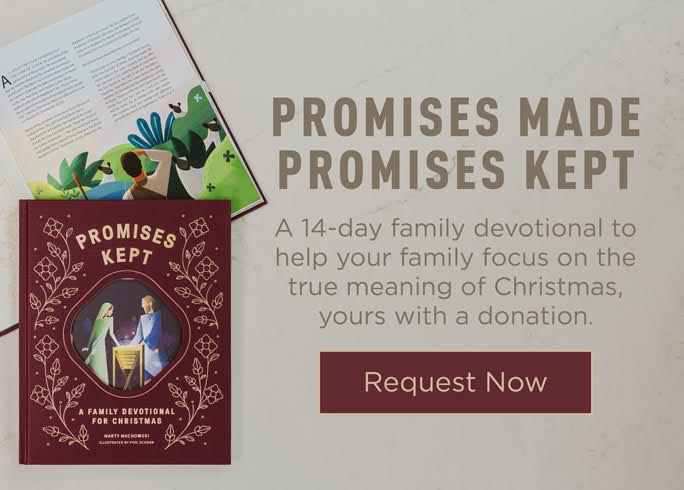
When the time drew near that Israel must die, he called his son Joseph and said to him, “… Do not bury me in Egypt, but let me lie with my fathers. Carry me out of Egypt and bury me in their burying place.”
Death will come to us all. Therefore, the great question of life is not so much “How do we face life and live in this world?” but rather “How do we face death and where will we live in the next world?” This life isn’t irrelevant; indeed, it’s vitally important! But we can’t know what it means to live unless we have first learned how to die.
Jacob is a wonderful illustration of how to live and die in light of God’s promised plan. He was specific in his requests regarding his death and burial—and his concern over his burial place was primarily about theology, not geography. He recognized that in his death, he was making a statement about his place in the unfolding plan and purpose of God’s relationship with His people.
God had made a covenant with Abraham, promising that he would become the father of a great nation in the land of Canaan, the promised land. This promise was passed to Isaac and then to Jacob. Humbled by and entrusted with this promise, Jacob wanted it to be passed on to the coming generations through his final blessing and his burial location. He wanted his descendants to remember they were destined for Canaan, not Egypt, and he wanted them to remember his faith in the certainty of God’s plan and purpose.
Joseph honored his father’s wishes, and Genesis 49 – 50 describes the elaborate funeral procession from Egypt to Canaan and the mourning that followed. Scripture tells us that the onlooking Canaanites noticed the elaborate ceremony (Genesis 50:11), but they couldn’t have known the full depth of its meaning. Similarly, many people do not—because they cannot—fully understand why Christians deal with death in the way the Bible says we can. The Christian’s perspective on death should be radically different from anything that the world is able to offer. If we simply go through the same motions as other people, with the same subdued ceremonies, the same sentimental music, and the same empty platitudes, we miss a prime opportunity to say in our dying and in our mourning, “Death has no ultimate hold on us. We have been delivered from our sins and therefore from the terrors of death. Thanks be to God for giving us victory through Jesus Christ!” (see 1 Corinthians 15:57).
When the world is watching, the way we deal with death is an opportunity to proclaim that the King of heaven came to earth and transformed how we live and die. The covenant that Christ made on the cross cleared the debt of your sin and guarantees you and all believers “an inheritance that is imperishable, undefiled, and unfading” (1 Peter 1:4). Like Jacob and countless other saints who have faithfully gone before you, be sure to proclaim this in the way you speak of death, in the way you grieve for those saints who go before you, and in the way that, one day, you confront your own passing. How does this comfort you today? How does this reframe your own perspective on your future today?
As a thank-you from us for your gift, we'll send along this month's resource: Promises Made Promises Kept by Marty Machowski
Click here to learn more about Truth For Life
Devotional material is taken from the Truth For Life daily devotional by Alistair Begg, published by The Good Book Company, thegoodbook.com. Used by Truth For Life with permission. Copyright © 2021, The Good Book Company.








